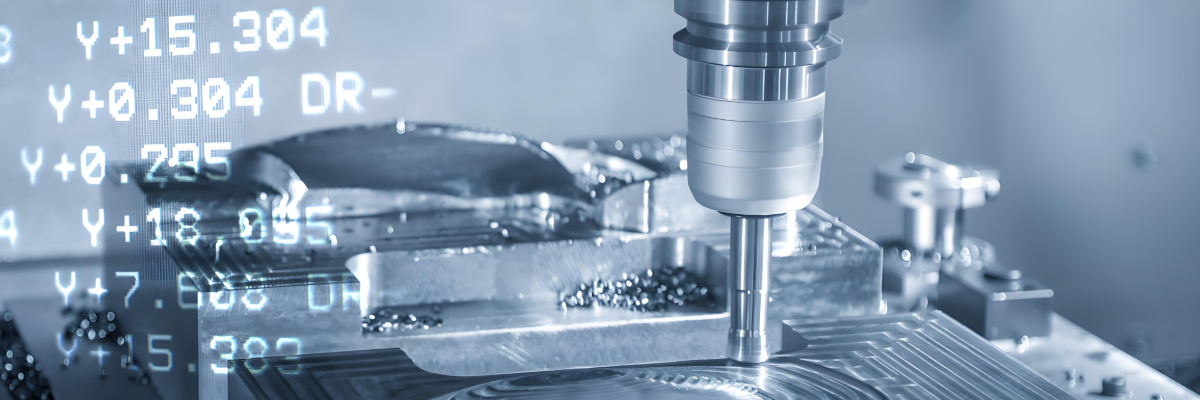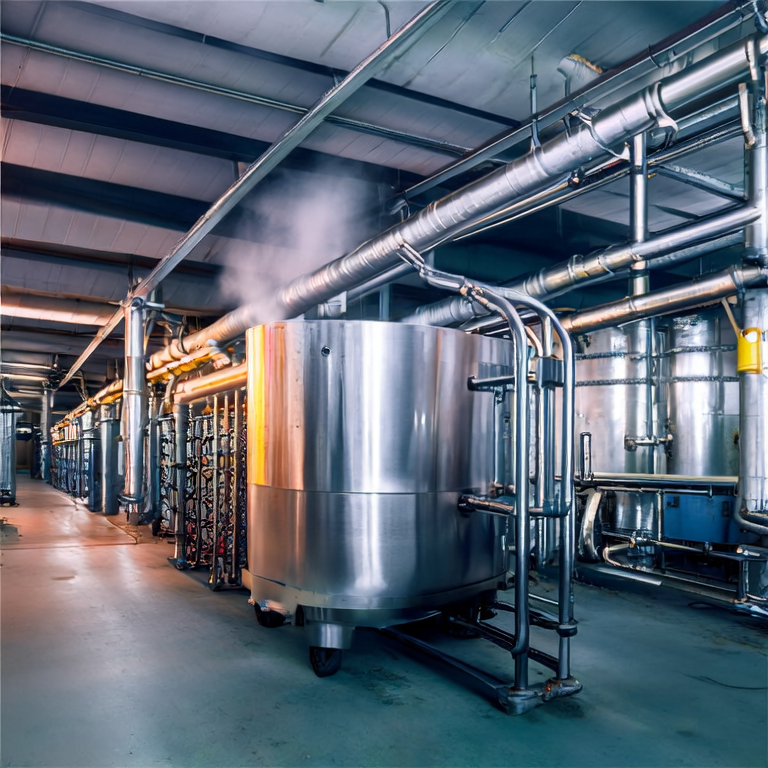
What Are the Benefits of Upgrading Gas Boilers?

What Are the Benefits of Upgrading Gas Boilers?
Jan. 01, 1970
In the meat processing industry, efficiency and hygiene are paramount. Meat processing gas boilers play a crucial role in instilling these principles within facilities. Did you know that improper heating and steam generation can lead to food safety hazards, posing significant risks for businesses? This introduces a pressing issue for meat processors: how to maintain consistent product quality while ensuring high safety standards. The implementation of advanced gas boilers emerges as a reliable solution, ensuring that meat processing facilities meet stringent safety requirements while enhancing operational efficiency.
Meat processing gas boilers are specialized systems designed to generate steam used in various stages of meat processing, such as cooking, sterilization, and cleaning. These boilers typically utilize natural gas or propane as their fuel source. According to the American Society of Heating, Refrigerating, and Air-Conditioning Engineers (ASHRAE), efficient steam generation systems can achieve thermal efficiencies exceeding 90%, which is crucial in keeping operational costs low and maintaining consistent heat levels essential for food safety.
Gas boilers are utilized in various applications within the meat processing sector. These include:
Cooking and Processing: Boilers provide the necessary steam to cook meat products, ensuring they reach safe internal temperatures, which the USDA recommends to be 145°F or higher for various types of meat.
Sterilization: In the meat industry, maintaining hygiene is critical. Steam from gas boilers is used for sterilizing equipment and surfaces, eliminating bacteria that could lead to cross-contamination.
Cleaning: Gas-generated steam is an effective tool for cleaning processing equipment, ensuring compliance with health and safety regulations.
Investing in modern gas boilers is integral for meat processing facilities, for several compelling reasons:
Energy Efficiency: Modern gas boilers can significantly reduce energy consumption. Data from the U.S. Energy Information Administration (EIA) indicates that upgrading from an older gas boiler can result in energy savings of up to 15%, substantially lowering operating costs.
Improved Safety: Modern boilers are designed with advanced safety features, reducing the risk of accidents during operation. For example, automated safety shutdowns respond to abnormal operation conditions, improving workplace safety.
Reduced Emissions: Environmentally conscious meat processors can benefit from newer gas boiler technologies that produce fewer emissions. According to the Environmental Protection Agency (EPA), efficient gas boilers can reduce NOx emissions by up to 70% compared to older models.
To further enhance your understanding of meat processing gas boilers and their benefits, consider reading our comprehensive usage guide and exploring the latest advancements in boiler technology that could revolutionize your facility's operational efficiency and safety standards.
1. What maintenance is required for meat processing gas boilers? Regular maintenance typically includes cleaning burners, checking safety controls, and inspecting boiler pressure and water levels to ensure optimal performance.
2. How can I assess the efficiency of my existing gas boiler? You can measure the efficiency by checking the stack temperature and performing a combustion analysis. Experts recommend consulting with a certified technician for accurate assessments.
3. Are there any financing options available for upgrading gas boilers? Many organizations provide financing assistance or incentives for upgrading to energy-efficient boilers. Check with local government programs or energy companies for available options.
Interested in enhancing your meat processing facility’s efficiency and safety with top-of-the-line gas boilers? Learn more about our offerings at TBS and discover how upgrading your equipment can lead to significant savings and improved operational standards.
我们使用 cookie
我们使用 cookie



